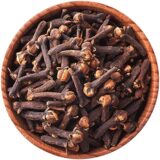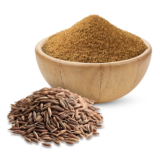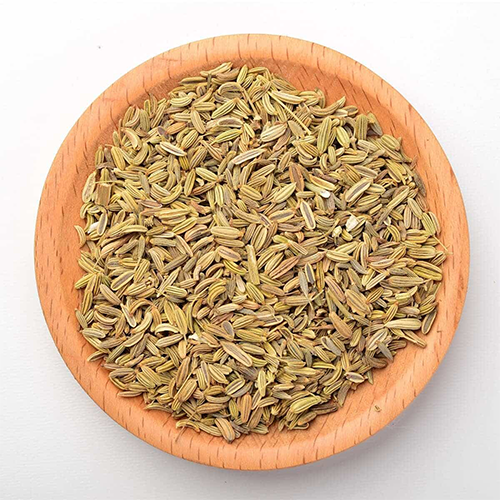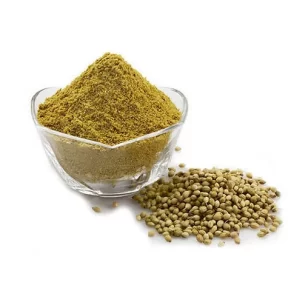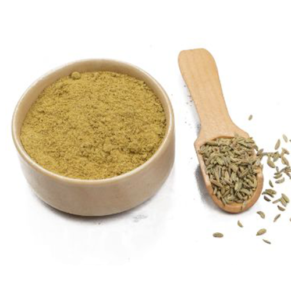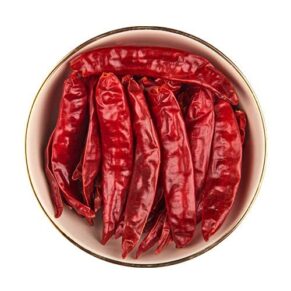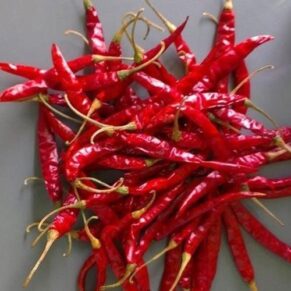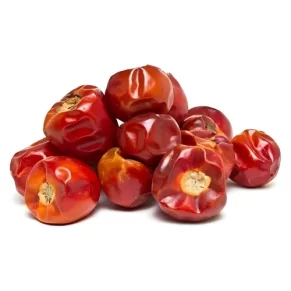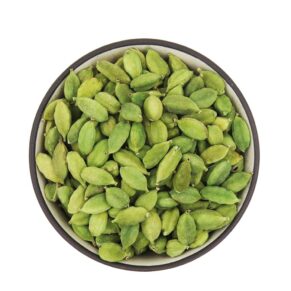Shop
Cumin Seeds
PRODUCT SPECIFICATION
Cumin Seeds
Cumin, Cuminum cyminum is a flowering plant in the family Apiaceae. Its dried seeds are used as spice in the cuisines of many cultures in both whole and ground form. Cumin seeds have eight ridges with oil canals. They resemble caraway seeds, being oblong in shape, longitudinally ridged, and yellow brown in color, like other members of the family Apiaceae (Umbelliferae) such as caraway, parsley, and dill. Cumin is used as a cooking spice around the world and is a major component of Indian Garam Masala. Roasted cumin is used in traditional medicines because of its effects on digestion which helps alleviate stomach problems.
Cumin is the seeds of the fruit of the Cuminum cyminum plants. Native to South Western Asia as well as the Middle East, these seeds are dried and used in food as well as for other purposes. Currently, India holds the position of being the leading producers as well as consumers of Cumin. Apart from the seed form, it is also used in the powdered form or as essential oils. The plant requires optimum temperatures between 25-30 degree Celsius and good Mediterranean climate.
Cumin is the dried, white fruit with greyish brown colour of a small slender annual herb. The surface of the fruit has 5 primary ridges, alternatively has 4 less distinct secondary ridges bearing numerous short hairs. The plant is 15 to 50 cm high. The aromatic seed like fruit is elongated, ovoid, 3 to 6 mm long, slightly bitter and has a warm flavour. The flowers are white or rose coloured in small umbels.
Cumin is indigenous to Northern Egypt, Syria, the Mediterranean region, Iran and India. It is also cultivated in Mexico, China, Sicily and Malta. Cumin is a tropical plant and is cultivated as a rabi crop in areas where atmospheric humidity during February-March is low.
Cumin Seeds Are Well Known as Jeera.Cumin seeds are used as a spice for their distinctive aroma. Cumin is most commonly used to flavor food and is widely available in both seed and powder form. While cumin is a favorite on the spice rack, it has a number of curative properties which make it a versatile natural medicine. It is a traditional ingredient in curry powder, curries, masalas, soups, pickles, chutneys and other spiced gravies. Apart from food, cumin seeds found their wide usage in medicinal products due to their high extent of medicinal properties. It helps in easy digestion, gas and flatulence and purifies the blood.
Cumin powder are essential flavors for different cuisines and wonderful spice to add different flavors in food items.Cumin powder can be used as medicinal herb to boost up your overall health and stamina
Cumin Seeds Features:
- Rich taste
- Fresh & Pure
- Natural aroma
- Essential oil content
- Hygienically processed
- Tear proof packaging
Cumin Seeds Specifications
| Ingredients | Single ingredient, 100% Cumin |
| Status | Natural, Pesticide residue free |
| Product Processing | Produced and processed according to current Good Manufacturing Practices |
| Cleaning | Machine Cleaned / Sortexed Cleaned |
| Purity | 98% to 99.50% min |
| Impurity | 0.5% to 2% Max. |
| Extraneous Matter (m/m) | 1% Max. |
| Insect Damaged, Discoloured, Weevilled, Immature Seeds | 1% Max. |
| Fumigation | Not Treated with any Chemical. Naturally treated through EcO2 processing technique |
| Heat Treatment | Steam treated |
| Organoleptic Description | |
| Appearance | Oblong seeds with longitudinally ridges, yellow brown in color |
| Quality | Singapore Quality, Europe Quality & Gulf Quality |
| Flavor | Characteristic, spicy, earthy |
| Odor | Characteristic, spicy, warm, aromatic |
| Physical-Chemical Characteristics1 | |
| Particle size | 3-5 mm long whole seeds |
| Seed count | Avg. 300 seeds/gram |
| Moisture | 10 % max |
| Total Ash | 14 % max |
| Acid Insoluble Ash (AIA) | 3 % max |
| Steam Volatile Oil (VO) | 2 % min |
| Microbiological Characteristics2 | |
| Total Plate Count – TPC (max) | < 50,000 cfu/g |
| Salmonella | Absent in 2×375 g |
| Yeast and Mould – Y&M (max) | < 500 cfu/g |
| Coliforms (max) | < 100 cfu/g |
| E. coli (max) | < 10 cfu/g |
| Enterobacteriaceae (max) | < 10 cfu/g |
| Staphylococcus aureus (max) | < 10 cfu/g |
Mycotoxins3
Product is routinely checked for Aflatoxin and Ochratoxin and it complies with the regulations of the destination country.
GM declaration3
To the best of our knowledge this product is non-GM and does not contain GM processing agents. This has been verified by organic certification and by traceability/identity preservation systems including adequate separation.
Allergens statement3
Free of any known Allergens.
Shelf life
Products are supplied with a minimum of 24 months to recommended shelf life (shown on product label) when stored sealed in original packaging under proper storage conditions. To maintain the product in best condition it is advisable to protect it from exposure to pests and extremes of moisture, light and temperature.
Product packaging
25 or 50 kg, PP Kraft Bags with heat sealed inner poly liner or Jute Bags with HDPE/PP lining or as per customer requirements. Other options can be suggested.
Any other mandatory requirements will be complying to the respective regulations of the destination country.
Note
1 Testing shall be with reference to the methods prescribed in the manuals of ASTA, ESA, AOAC.
2 Testing shall be with reference to the methods prescribed in the manuals of USDA BAM, AOAC.
3 These tests are performed when required. Certificates of Conformance are available on request.
USES :
- Culinary – Cumin seeds or in the powdered form is used as a spice in a number of dishes across the planet.
- Essential oils – Due to its aroma and pungent smell, cumin is also used as essential oils and perfumes.
- Skincare – It is mixed with other products such as honey in skincare including exfoliation.
- Medicinal – Cumin is used in traditional medicine to make kashaya, arishta, etc. It is also used in several Indian households as jira
Cumin seed have an aromatic odour and bitter taste. It is used as a condiment, and is an ingredient in curry powders, seasonings of breads, cakes and cheese. It is employed in native dishes of Central and South America. In medicine, it is used as a stimulant, carminative, stomachic and astringent. Cumin seed oil is used in perfumery and for flavouring liqueurs and cordials.
Special remarks
The content of this specification is based on typical information for this product and results obtained from our own due diligence sampling, assessment, and testing protocols, in addition to any testing/sampling that has been undertaken by our supplier.
However, due to the nature of this product, which is not completely homogenous, test results are indicative / referral and may not be entirely representative of the product throughout the lot. In addition, the content of this Specification does not confirm or ensure that the product is safe for all intended uses.
Our quality and technical documentation does not relieve the customer of their responsibilities to check that the goods supplied are suitable and considered safe for their intended use before purchase. The data provided is for information only.
| Specification No | Issue No | Issue Date
|
Approved by
Quality Assurance |
Total Pages |

